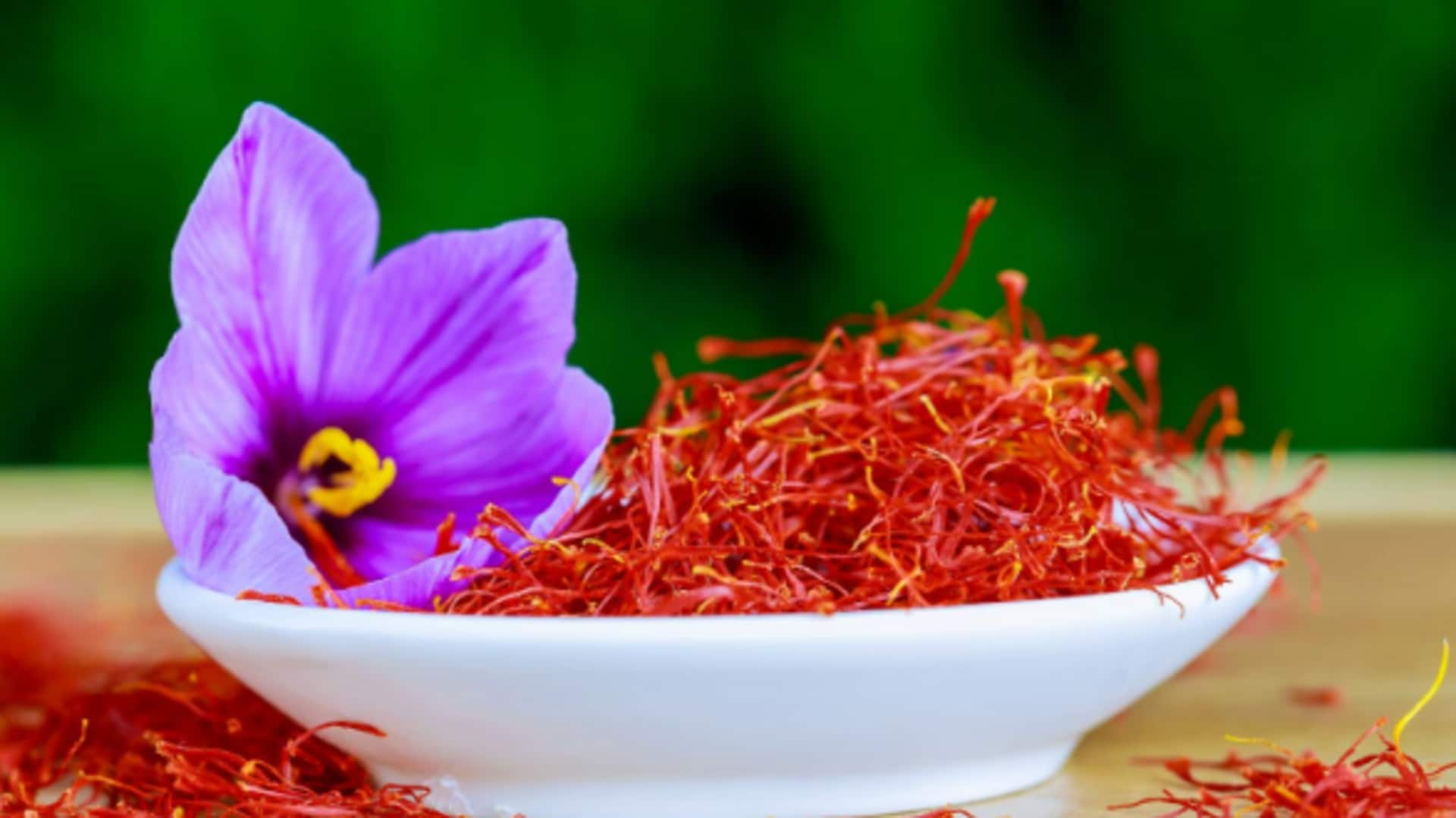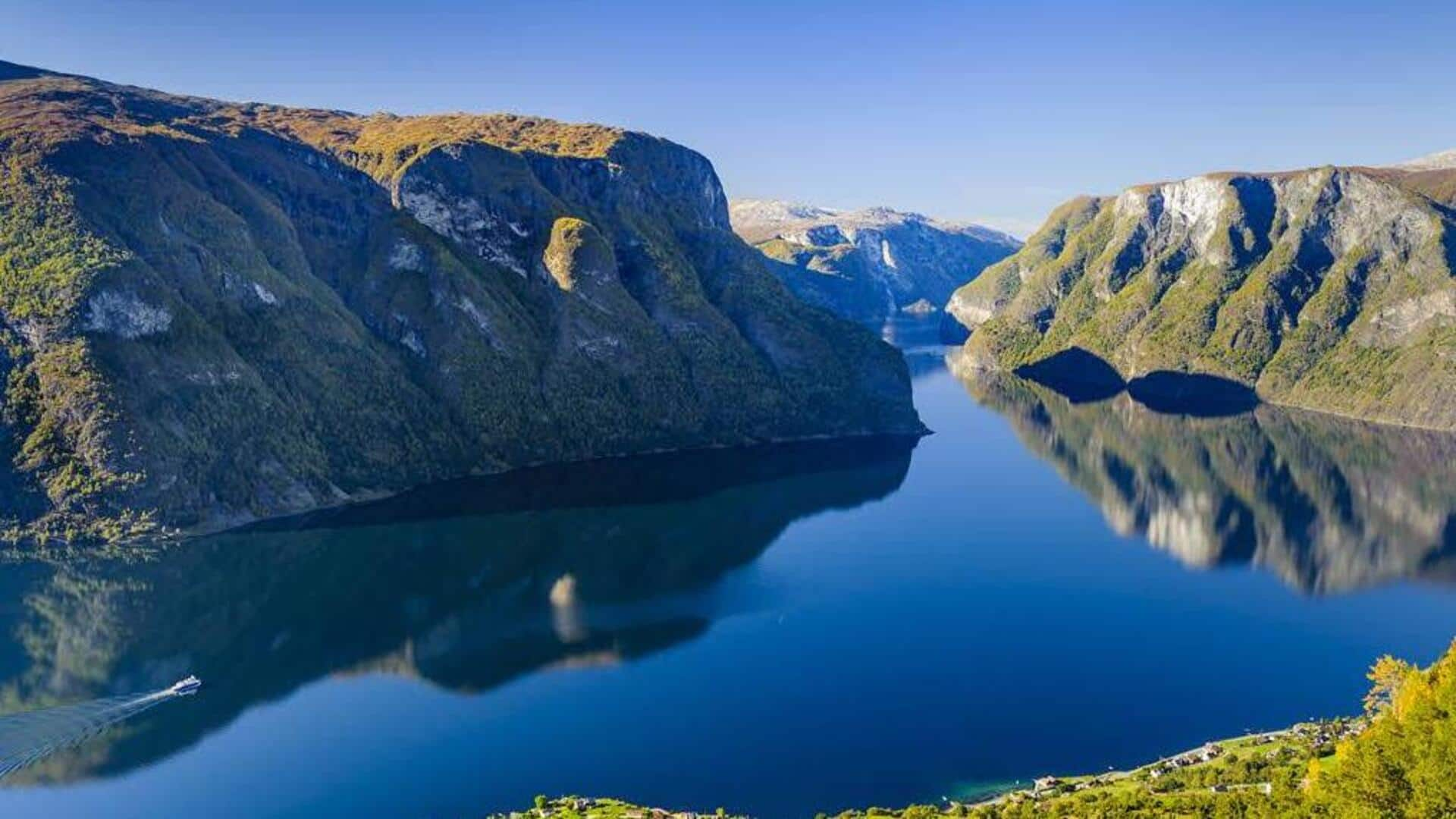Every August for the last 10 years – except during covid – there would be three days in my diary highlighted in fluorescent pen – the annual Byron Writers Festival. In the lead-up I’d rummage through the hardcopy guide marking off sessions to attend. I’d also leave room for the sessions I’d meander into just as an author was reading an extract that called to me; I discovered some of my favourite writers in the mystery of the latter.
The festival had a personal angle for me too. It was my debut public event after five years in near-hibernation during a spell with chronic fatigue syndrome. I can still sense the buzz of excitement and the tears that fell into my smile as I walked towards the large white tents that warm August day in 2014.

I was part of the big wide world again. One day, I promised, it would be me with my book on the stage. As I skipped over puddles of dirty water leaving the 2024 event I felt none of that.
It was as if my dreams had sunk into the mud beneath my feet. While that first festival marked the time between illness and wellness, this festival marked the time between my before-life and my after-life. Initially I thought it was October 7 that did it for me, but that was only the entree.
The main course came within the same large white tents where I had hoped to belong, actually, where I thought I already belonged. It started with the program. This year instead of marking must-go-to sessions, I marked the most potentially antisemitic; the ones where non-Israelis were speaking on, or behalf of, Israel; the ones that may promote pro-Palestinian activity.
I hunted for Jewish writers and found just one; none speaking on the most controversial topic of our time. I notified the festival office of my concerns, falling on deaf ears. I didn’t even want to go, but I felt obliged.
This year I was attending as a witness, not a participant. Day two was a defining moment in understanding the new accepted silencing of Jewish voices in public places. It occurred in a presentation misleadingly called “The Mega Election Year”, one I may have even missed if not for a key panellist.
It was about the state of democracy in India, the US and Israel. An Indian speaking about India, an American speaking about America and, drum-roll, a white Australian male speaking about Israel. This man, John Lyons, wasn’t only an Israeli replacement voice, he was also tasked with providing the definition of the state of governance there, describing Israel as a democracy plus an occupation.
He later described Lebanon as a democracy plus Hezbollah, as if the two were equivalent. Day three, Lyons received a standing ovation from a tent packed to capacity. Grey clouds and sideways rain setting the scene for the portal between my before and after life.
“Balcony over Jerusalem”, the session title, sounded kind of inviting. It was anything but. Actually, the session wasn’t really about the book and everything about a misguided, agenda-driven forecast of the current climate in the Middle East.
Lyons putting the blame for the entire conflict on Israel being hooked on the occupation of the Palestinians, yet cleverly avoiding ever describing the exact area of his occupation. Ironically, the shift for me wasn’t even about him. I expected his presentation, I knew his views.
It was what was happening around him. The bias being fed to hungry stomachs brought my nervous system to the precipice of freeze, so I had to leave the marquee halfway. As I paced across sodden grass for 30 minutes, I took it all in.
The echoes of laughter to a man who just made Israel look like the Third Reich, the nods on heads of people I knew, people I had once respected. The same people that would leave this tent and go to the next, then go home and their lives would remain largely untouched by what was shared that day, other than perhaps dinner conversation or an angry meme or two. Not so for the millions of people he was talking and joking about, far away in a sliver of land a third the size of Tasmania.
Not so for me. Writers should be keepers of nuance. Memoirists truth tellers.
Journalists unbiased. Arts festivals the place for the beauty and soul of life. Where once the Byron Writers Festival was filled with exciting talent, words to take my breath away and fodder for my own writing and life, it instead left a bitter taste of the state of the globe today, a micro version of the macro we’ve now become – a polarised, so-called progressive world.
A place where Jews are being less and less welcomed. A place where my dreams of sitting among peers on a podium, book in hand, died on a muddy wet August day. Sharon Sztar is a writer and women’s wellbeing advocate and is currently working on her first memoir.
.



















